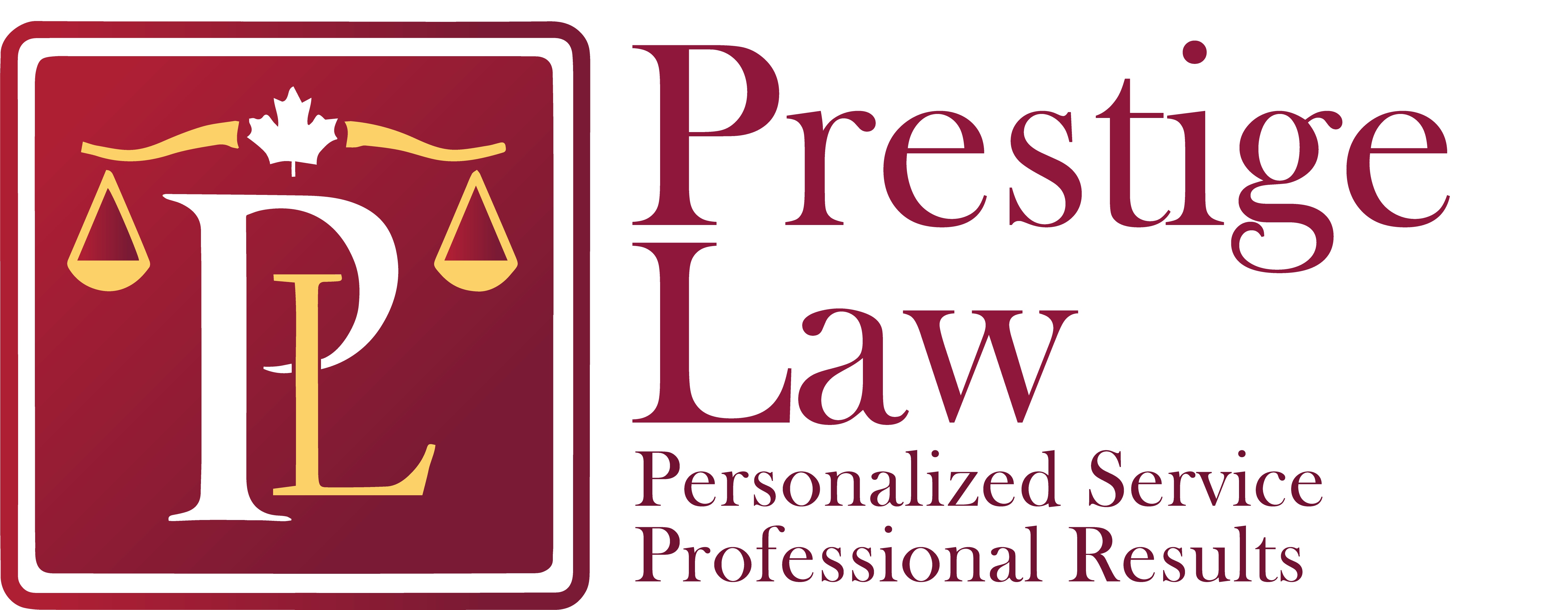Francophone Immigration Program: The Complete Guide to French-Speaking Immigration in Canada
Canada’s dedication to preserving and promoting its French linguistic heritage extends far beyond the borders of Quebec. The Francophone Immigration Program represents a strategic national initiative designed to reinforce French-speaking communities across all provinces and territories. This program is not merely an immigration pathway but a fundamental component of Canada’s cultural preservation strategy, ensuring that French remains a living, thriving language in communities from British Columbia to Newfoundland.
The importance of this program becomes clear when examining Canada’s demographic realities. While Quebec naturally serves as the heart of Francophone culture in North America, numerous vibrant French-speaking communities exist throughout the country. These communities, from the Franco-Ontarian population in Ottawa to the Acadian communities in Atlantic Canada, require sustained immigration to maintain their linguistic vitality. The Canadian government has implemented concrete measures to achieve this, including the ambitious target of 4.4% Francophone immigration outside Quebec by 2023 – a goal that reflects both the challenges and opportunities in maintaining Canada’s linguistic duality.

The Historical Context of Francophone Immigration
Understanding the Francophone Immigration Program requires appreciating Canada’s complex linguistic history. The program didn’t emerge in isolation but rather as part of Canada’s ongoing efforts to fulfill its constitutional obligations under the Official Languages Act. Since 1969, this Act has guaranteed equal status for English and French in all federal institutions, creating a framework that supports French-language communities across the country.
Historically, Francophone communities outside Quebec have faced significant challenges in maintaining their linguistic identity. From the forced deportation of Acadians in the 18th century to the gradual erosion of French-language rights in various provinces, these communities have demonstrated remarkable resilience. Today’s Francophone Immigration Program represents a proactive approach to reversing historical linguistic losses by attracting French-speaking immigrants who can contribute to the social, economic, and cultural fabric of these communities.
Defining Francophone Status in Canadian Immigration
The question of “who qualifies as a Francophone” carries significant weight in Canada’s immigration system. Immigration, Refugees and Citizenship Canada (IRCC) employs specific criteria to identify French-speaking immigrants. A Francophone applicant is someone whose first official language is French, determined through standardized language testing. However, the definition extends beyond simple linguistic ability to encompass cultural connection and community orientation.
Language testing plays a crucial role in this determination. The Test d’évaluation de français pour le Canada (TEF Canada) and Test de connaissance du français pour le Canada (TCF Canada) serve as the gold standard for assessment. These exams evaluate candidates across four competencies: reading, writing, listening, and speaking. While a minimum score of NCLC 5 (equivalent to CLB 5) is typically required, higher scores can significantly enhance an applicant’s prospects, particularly in competitive immigration streams like Express Entry.
Comprehensive Examination of Francophone Immigration Pathways
Express Entry Enhancements for Francophones
Canada’s Express Entry system has undergone significant modifications to better serve French-speaking applicants. The current system awards additional Comprehensive Ranking System (CRS) points for French language proficiency, with bilingual candidates (French and English) receiving up to 50 bonus points. More importantly, IRCC has implemented targeted draws specifically for French-speaking candidates, dramatically improving their chances of receiving an Invitation to Apply (ITA).
These modifications reflect Canada’s strategic priorities. By creating these advantages, the government aims to distribute French-speaking immigrants more evenly across the country, rather than having them concentrate primarily in Quebec. The results have been promising, with increasing numbers of Francophones selecting destinations like Ontario, New Brunswick, and Manitoba.
Provincial Nominee Programs: Regional Approaches to Francophone Immigration
Provincial Nominee Programs (PNPs) have become instrumental in achieving Canada’s Francophone immigration targets. Several provinces have developed innovative streams specifically designed to attract French-speaking immigrants:
Ontario’s French-Speaking Skilled Worker Stream operates as part of the Human Capital Priorities Stream, specifically targeting French-speaking candidates with competitive CRS scores. The province has implemented extensive outreach programs in Francophone countries and established partnerships with French-language post-secondary institutions to attract talent.
New Brunswick’s Francophone Immigration Strategy takes a comprehensive approach, combining immigration with settlement services. The province has developed French-language orientation programs, employment support services, and community mentorship initiatives specifically for Francophone newcomers.
Manitoba’s French-Speaking Skilled Worker Initiative focuses on economic integration, prioritizing applicants with skills in high-demand sectors. The province offers enhanced French-language services and has established Francophone business networks to support immigrant entrepreneurs.
The Francophone Mobility Program: Addressing Labor Market Needs
The Francophone Mobility Program represents one of Canada’s most innovative approaches to Francophone immigration. By exempting employers from the Labour Market Impact Assessment (LMIA) requirement when hiring French-speaking foreign workers, the program significantly reduces barriers to recruitment. This is particularly valuable for employers in Francophone minority communities who struggle to find bilingual talent.
The program’s requirements are carefully designed to ensure it meets its objectives. Positions must be located in Francophone minority communities outside Quebec, and employers must demonstrate a genuine need for French-language skills. Recent expansions of the program have included additional occupations and extended work permit durations, making it an increasingly attractive option for both employers and potential immigrants.
Atlantic Canada’s Specialized Francophone Streams
Atlantic Canada’s unique linguistic landscape has led to the development of specialized immigration pathways. The Atlantic Immigration Program’s Francophone Stream serves as a prime example, offering permanent residency to French-speaking skilled workers in New Brunswick, Nova Scotia, Prince Edward Island, and Newfoundland and Labrador.
Detailed Eligibility Requirements and Application Process
Navigating the Francophone Immigration Program requires careful attention to eligibility criteria and application procedures. While specific requirements vary by pathway, several common elements apply across most programs:
Language Proficiency Verification remains the cornerstone of eligibility. Applicants must submit official test results from designated language testing organizations. The evaluation process considers not just overall scores but performance in each language skill area, with particular emphasis on oral proficiency for many programs.
Educational Credential Assessment (ECA) is another critical component for skilled worker programs. French-speaking applicants must have their foreign educational credentials evaluated to ensure they meet Canadian standards. This process can be particularly important for applicants from education systems that may not be familiar to Canadian assessors.
Proof of Funds requirements demonstrate an applicant’s ability to support themselves and any dependents upon arrival in Canada. These financial thresholds are updated annually and vary by family size. For applicants with valid job offers, this requirement may be waived.
The application process timeline can vary significantly depending on the pathway selected. Express Entry applications typically process within six months, while Provincial Nominee Program applications may take longer due to provincial processing times. The Francophone Mobility Program often offers the fastest processing, with many work permits issued within weeks.
The Transformative Benefits of Francophone Immigration
The advantages of immigrating through the Francophone Immigration Program extend far beyond streamlined processing. French-speaking newcomers gain access to a comprehensive support system designed to facilitate successful integration:
Community Connections are perhaps the most valuable benefit. Francophone communities across Canada have developed extensive welcome networks that help newcomers with everything from finding housing to understanding local services. These networks significantly reduce the isolation many immigrants experience.
Employment Advantages in Canada’s bilingual labor market are substantial. Many federal government positions and private sector roles in key industries require or prefer bilingual candidates. Francophone immigrants often find their language skills open doors to opportunities unavailable to unilingual applicants.
Educational Opportunities for French-speaking families are another significant benefit. Many provinces offer French-language school systems, and numerous post-secondary institutions provide French-language programming. This ensures children can continue their education in French while adults may access language-specific professional development.
Cultural Preservation plays an important role in the immigrant experience. Francophone communities maintain rich cultural traditions, festivals, and media that help newcomers maintain their linguistic and cultural identity while adapting to Canadian life.
Overcoming Challenges in Francophone Immigration
While the Francophone Immigration Program offers numerous advantages, applicants should be aware of potential challenges:
Geographic Distribution remains an ongoing concern. Despite program enhancements, many French-speaking immigrants still gravitate toward major urban centers rather than the smaller communities that most need linguistic reinforcement. Various initiatives aim to address this, including enhanced settlement services in rural areas and targeted recruitment efforts.
Recognition of Foreign Credentials can present obstacles, particularly in regulated professions. While language skills provide an advantage, French-speaking immigrants may still face barriers in having their professional qualifications recognized. Provincial regulatory bodies have made progress in this area but challenges remain.
Economic Integration varies by region and profession. While bilingualism is an asset in many sectors, some French-speaking immigrants find their career prospects limited by local economic conditions. This underscores the importance of thorough research before selecting a destination community.
Future Directions for Francophone Immigration
Canada continues to evolve its approach to Francophone immigration. Recent policy developments suggest several emerging trends:
Enhanced Settlement Services are being developed specifically for French-speaking newcomers. These include expanded French-language orientation programs, specialized employment services, and increased mental health support in French.
Digital Transformation of immigration processes is making applications more accessible to Francophone candidates worldwide. Online portals now provide comprehensive information in French, and virtual processing has reduced barriers for applicants in Francophone countries.
Partnerships with Francophone Countries are expanding through initiatives like the Francophone Mobility Program. Canada is developing stronger ties with educational institutions and professional organizations in French-speaking nations to facilitate smoother immigration pathways.
Take the Next Step Toward Your Canadian Future
Canada’s Francophone Immigration Program offers life-changing opportunities for French-speaking individuals and families. With multiple pathways available and strong support systems in place, now is the perfect time to begin your immigration journey.
Why choose Prestige Law for your Francophone immigration needs?
- Specialized knowledge of French-language immigration streams
- Proven success with Express Entry and PNP applications
- Personalized guidance through every step of the process
- Bilingual legal support in English and French
Contact us today to schedule your confidential consultation with one of our immigration experts. Let us help you turn your Canadian dreams into reality through the Francophone Immigration Program.




